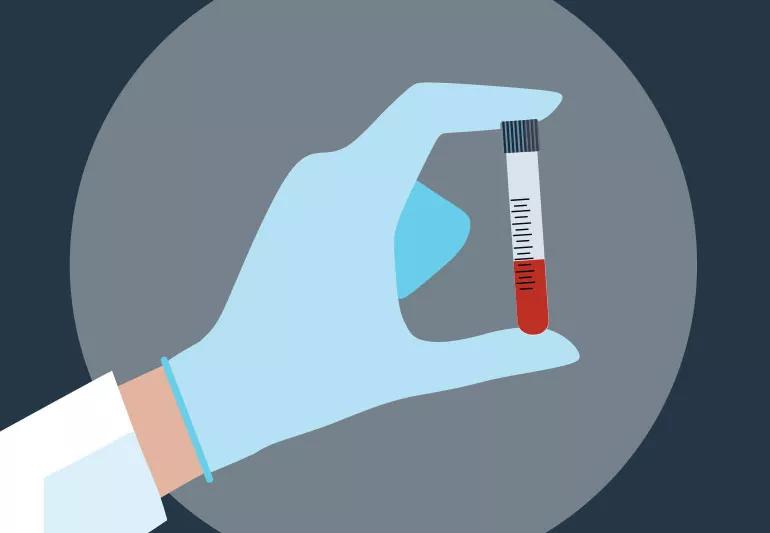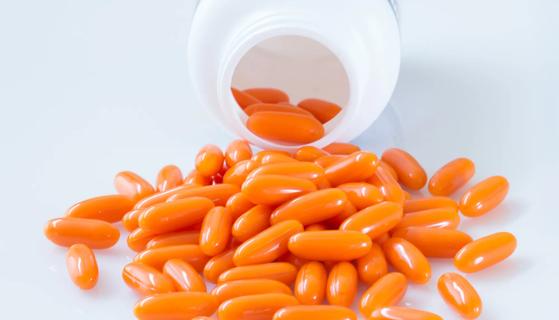Regular screening is vital to understanding your heart risk

If you’re a healthy 20- or 30-something, you’re probably more concerned about work stress and finances than about your cholesterol. But it’s important to know your numbers — and it’s not something you should delay thinking about until middle age.
Advertisement
Cleveland Clinic is a non-profit academic medical center. Advertising on our site helps support our mission. We do not endorse non-Cleveland Clinic products or services. Policy
Why? Because studies show that high cholesterol can have long-term effects on your heart health. And because it doesn’t have obvious symptoms, you could have it without knowing.
Your body needs some cholesterol (a waxy, fat-like substance in your blood) to perform certain functions. But when there’s too much of it circulating in your blood, it can start to build up on the inside walls of your blood vessels, which restricts the flow of blood to your heart and brain. Eventually, this could cause a heart attack or stroke.
Statin therapy and certain lifestyle changes are effective ways to bring high cholesterol down to a healthy range. But most people won’t know that they have high cholesterol just by the way they feel.
That’s where screening comes in. “A lipid panel is an easy, inexpensive screening blood test that can be very helpful in identifying patients that are at risk for cardiovascular disease,” explains preventive cardiologist Luke Laffin, MD.
A recent Cleveland Clinic survey found that only one in five Americans are aware that lipid panel cholesterol testing should begin in a person’s 20s, even if they don’t have symptoms of heart disease.
The latest guidelines from the American College of Cardiology and the American Heart Association call for healthy adults who do not have heart disease to have their cholesterol levels tested every four to six years, starting at age 20.
People who have heart disease or who are taking cholesterol-lowering medications, or those who have additional risk factors, may need to have it tested more often. Certain children who are at high risk for heart disease should also be screened.
Advertisement
Your primary care doctor can order this test. While there are cholesterol home test kits that can be purchased at drug stores or online, Dr. Laffin recommends against using them. “There’s too much variability in measurements from brand to brand,” he says. “I would recommend having this done by a professional laboratory.”
A lipid panel will measure some or all of the following:
If your numbers do not fall into a healthy range, your doctor may prescribe a statin or recommend making some changes to your diet or lifestyle.
Cholesterol management is key in minimizing your risk for heart disease and stroke — but it’s important to remember that it is only one factor that contributes to your risk. Your doctor can work with you to determine your risk based on your cholesterol numbers plus other risk factors like family history, cigarette smoking, blood pressure and age.
Advertisement
Learn more about our editorial process.
Advertisement

In the world of cholesterol, HDL particles are ‘good’ and LDL particles are ‘bad’ for your heart health

Medications known as statins can lower cholesterol levels to minimize the risk of blocked arteries

Fatty fish, flaxseed, extra virgin olive oil and nuts may help raise your HDL number

Grapefruit contains natural chemical compounds that can interfere with certain medications when it’s consumed in large amounts

Up to 30% of people who take the cholesterol-lowering medication feel aches and soreness

There’s not enough evidence to show that this supplement has any effect on muscle aches from cholesterol-lowering meds

There’s no limit on the amount you should have each day, but experts are focused on saturated fat

Statin use has been associated with weight gain but the reasons aren’t clear — and the benefits of statins far outweigh the risks

Wearing a scarf, adjusting your outdoor activities and following your asthma treatment plan can help limit breathing problems

Your diet in the weeks, days and hours ahead of your race can power you to the finish line

When someone guilt trips you, they’re using emotionally manipulative behavior to try to get you to act a certain way